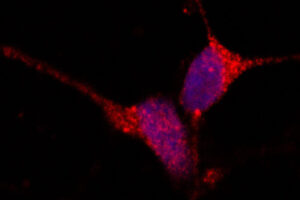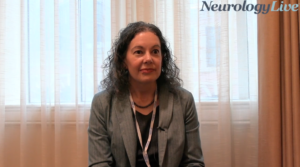The Department of Neurology is pleased to announce 57 of our faculty members have been selected for the 2023 Castle Connolly Top Doctors® and Rising Stars lists. We are proud of our physicians for their hard work and dedication to their patients each and every day. Each year, Castle Connolly uses a merit-based system to […]
57 Neurology faculty recognized on 2023 Castle Connolly Top Doctors® and Rising Stars lists









